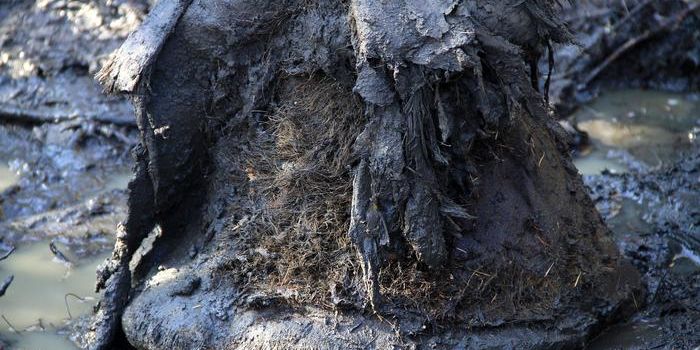Air Pollution Found to Drive Lung Cancer in Non Smokers
Smoking can cause lung cancer. But not all smokers get lung cancer, and about 25% of all lung cancer patients have never smoked, showing that some other factors beyond just smoking are at work. New research has revealed that air pollution and some traditional herbal medicines are linked to lung cancer-associated genetic mutations. This work has focused on lung cancer in never smokers, which is a type of cancer that affects women of Asian ancestry most often, and is seen more commonly in East Asian nations compared to Western nations. The findings have been reported in Nature.
"We're seeing this problematic trend that never-smokers are increasingly getting lung cancer, but we haven't understood why," said co-corresponding study author Ludmil Alexandrov, a professor at UC San Diego, among other appointments. "Our research shows that air pollution is strongly associated with the same types of DNA mutations we typically associate with smoking."
Co-corresponding study author Maria Teresa Landi, an epidemiologist at the National Cancer Institute (NCI), noted that lung cancer in never-smokers "is an urgent and growing global problem." This study has aimed to reveal more about the genetics underlying this disorder, and has distinguished between smokers and non-smokers, which has not typically been done in previous studies.
While scientists have identified a link between air pollution exposure and lung cancer in never-smokers, this research found genetic connections hat could show how that exposure leads to cancer in these individuals.
The researchers assessed lung cancer tumors from 871 people who had never smoked. These people were from 28 different areas across four continents, which have different air pollution levels.
The team estimated each person's exposure to air pollution based on measurements of fine particulate matter, and looked for mutational signatures in the individual's DNA that indicated air pollution exposure.
This showed that never-smokers who lived in places with more pollution tended to carry significantly more mutations in their lung tumors. This was notable for mutations that promote cancer growth, as well as cancer-associated mutational signatures. Some individuals had 3.9 times more mutational signatures that have been linked to tobacco smoking, for example, though they had not smoked.
Air pollution, therefore, was shown to lead to somatic mutations, which arise in DNA over a person's lifetime, and have previously been linked to tobacco smoking. This increase was also seen for aging-linked mutational signatures.
As a person was exposed to more air pollution, they tend to carry more mutations in their lung cancer tumors.
Exposure to secondhand smoke was not found to drive lung cancer in this group of never-smokers, particularly compared to air pollution exposure, which was found to increase lung cancer in never smokers.
The study also determined that exposure to aristolochic acid, which is a carcinogen that is found in some traditional Chinese herbal medicines, also increased lung cancer for never smokers. This risk affected individuals from Taiwan who never smoked, almost exclusively.
"This raises new concerns about how traditional remedies might unintentionally raise cancer risk," said Landi. "It also presents a public health opportunity for cancer prevention, particularly in Asia."









